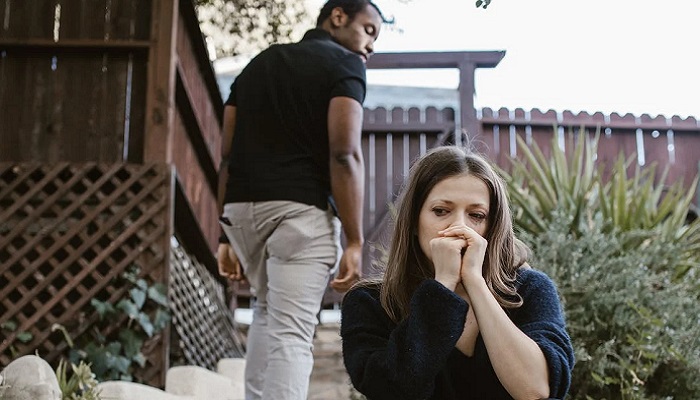
As of January 21, 2016 at 11:29 a.m., I had officially been a college student at a university for 15 school days, 11 hours and 29 minutes. This is typically considered a relatively short increment of time. However, it felt like months had passed. I had met a plethora of people whose names I couldn’t remember, and attended activities that were above and beyond fun. However, I had also learned a lot about both my good and bad qualities. Even though one major insecurity still came back to haunt me, I found that I am more than capable to deal with it, thanks to those 15 days.
During my first 12 years of school, I never once participated in class. Due to my shy personality and dislike of attention,it’s one of the most difficult social situations in my life (not including group dinners, which are terrible). But, despite the uncomfortable feeling that participating in class gave me, I had always yearned to have the ability to speak up in class. The very first time I ever raised my hand to ask a question in class was when I was a senior in high school. After that, I didn’t raise my hand again for another two years.
On my first day of school at my new university, four out of my five professors stated that participation would determine a portion of our grade. In order to get a good grade and maintain my high GPA, I would have to participate in each of those classes. I couldn’t get around it; not this time. But, despite my fear, I became determined to get the “A” I wanted. I promised myself that that semester, I would start participating and contributing in class discussions. This was extremely nerve-wracking for me. In order to ease my nerves, I planned to come to class prepared with something to share every day. I regularly come to class prepared, but that semester, I began coming to class every single day with either a question in mind or a comment I knew I could share that would be relevant to the class discussion.
I have learned that participating in class is more than just about getting a good grade. It’s about learning from other students’ points of view and sharing your own point of view so that other students can benefit. Participating in class helps students to become more knowledgeable and curious about the subjects they are studying. Asking questions can lead to other questions and learning more than just the core curriculum. It also helps students and professors notice other students. Participating in class is not supposed to be a cruel and unusual punishment.
If I were to sit in class and not say a word, like I have done so many times before, I would be limiting myself educationally. I would also be detaching myself from both peer-to-peer relationships teacher-to-student relationships. In those 15 days, I learned that if I participate in class, both my teachers and the other students will recognize me and know me by name.
Being present and noticed in a classroom setting is a good thing. It’s not meant to make students feel uncomfortable, nor is it set up to embarrass them with attention. During those 15 days, I started to overcome my fear of participating in class. I also began to catch a glimpse of the educational opportunities that now lie ahead. I am now able to open up many different doors to learning, knowledge, and relationships that I normally would never have thought possible.
Those 15 days, 11 hours and 29 minutes taught me a lot about myself, what I can accomplish educationally, and what I am capable of overcoming. I cannot wait to see what the next few years have in store for me. I know whatever is in store will both challenge me and help me, and I can’t wait.
Featured image by Edwin Andrae from Unsplash.
Originally published on SincerelyM.


















